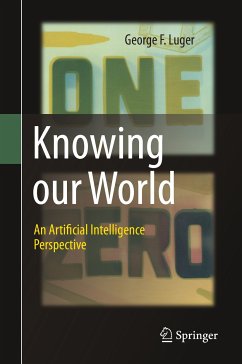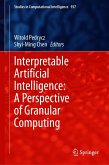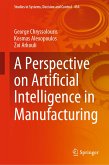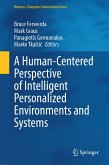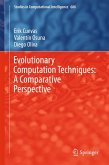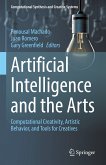Based on insights afforded by the challenges of AI design and program building, Knowing our World proposes a foundation for the science of epistemology. Taking an interdisciplinary perspective, the book demonstrates that AI technology offers many representational structures and reasoning strategies that support clarification of these epistemic foundations.
Dieser Download kann aus rechtlichen Gründen nur mit Rechnungsadresse in A, B, BG, CY, CZ, D, DK, EW, E, FIN, F, GR, HR, H, IRL, I, LT, L, LR, M, NL, PL, P, R, S, SLO, SK ausgeliefert werden.

